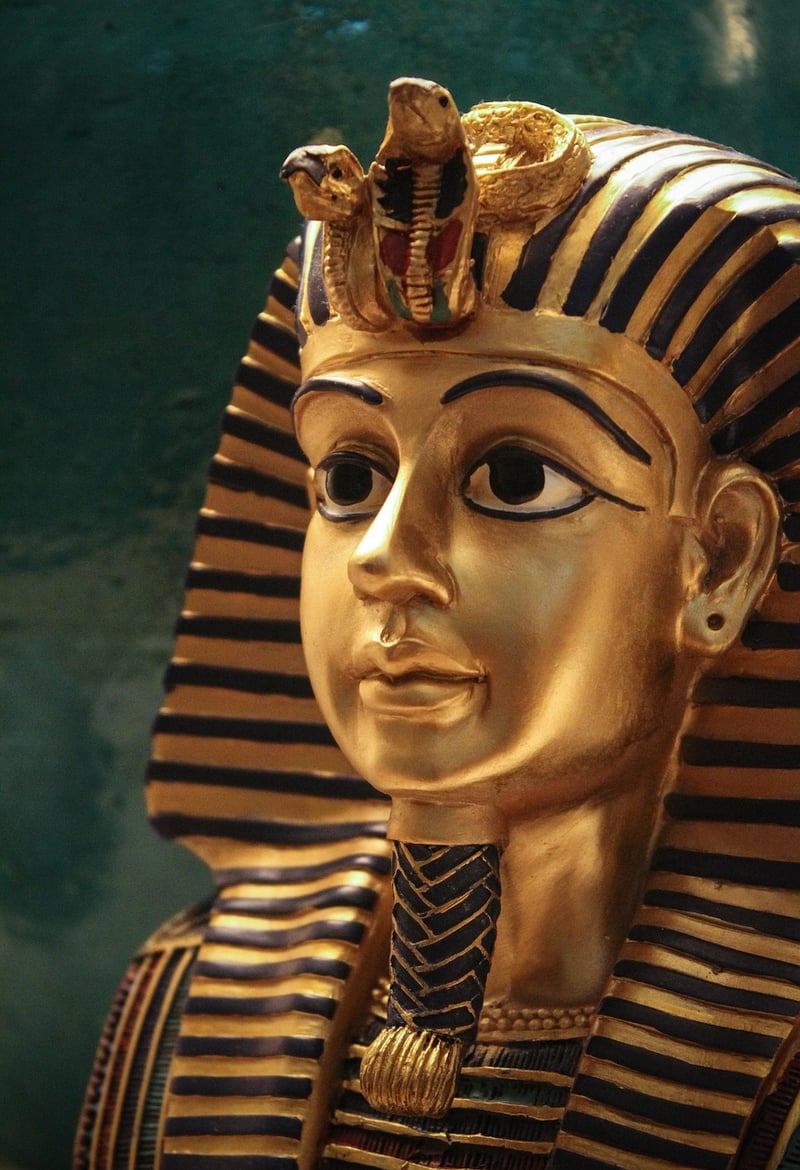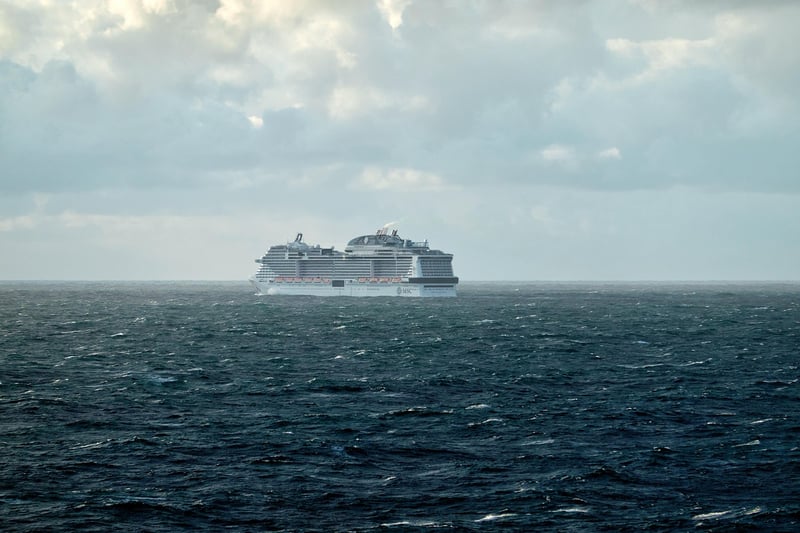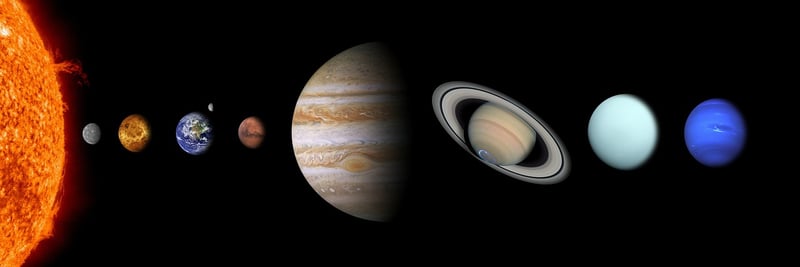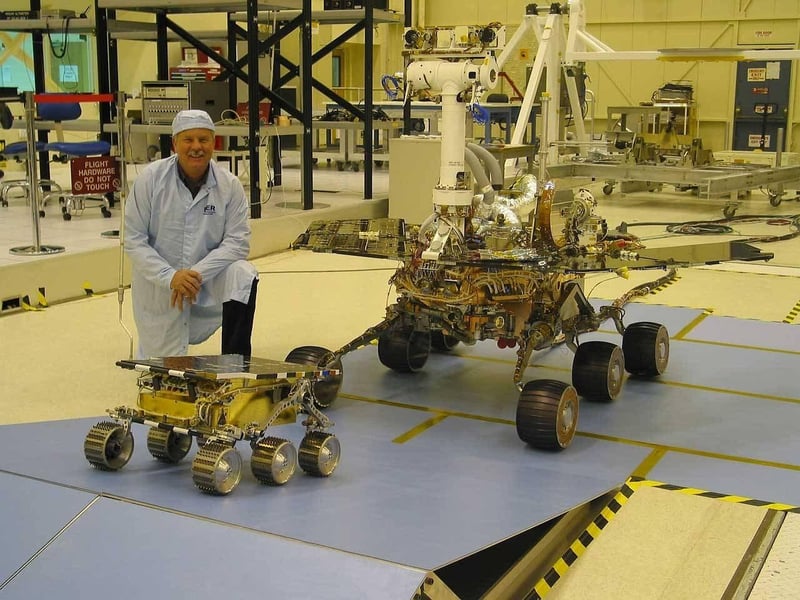Future Exploration
The Evolution of Exploration: From Ancient Times to the Future
Ancient Exploration
Ancient civilizations like the Egyptians, Phoenicians, and Greeks were early pioneers of exploration. They ventured into unknown lands by land and sea, expanding their knowledge of the world.

Age of Discovery
The Age of Discovery in the 15th to 17th centuries saw European explorers like Columbus, Magellan, and Vasco da Gama sail across oceans, mapping new territories and establishing trade routes.

Modern Exploration
In the 19th and 20th centuries, explorers like Amundsen, Scott, and Hillary conquered the Earth's poles and summited Mount Everest, pushing the limits of human endurance and scientific research.

Space Exploration
With the dawn of the Space Age in the mid-20th century, humans set foot on the moon, sent probes to distant planets, and built space stations for long-duration missions, opening up the cosmos for exploration.

Future of Exploration
As technology advances, the future of exploration looks promising. From Mars missions to deep-sea exploration to the search for extraterrestrial life, humans are poised to unlock new frontiers in the coming decades.

Exploration has always been a driving force in human history, leading to discoveries that have shaped our understanding of the world. Whether on Earth or in space, the spirit of exploration continues to inspire future generations to push the boundaries of what is possible.
